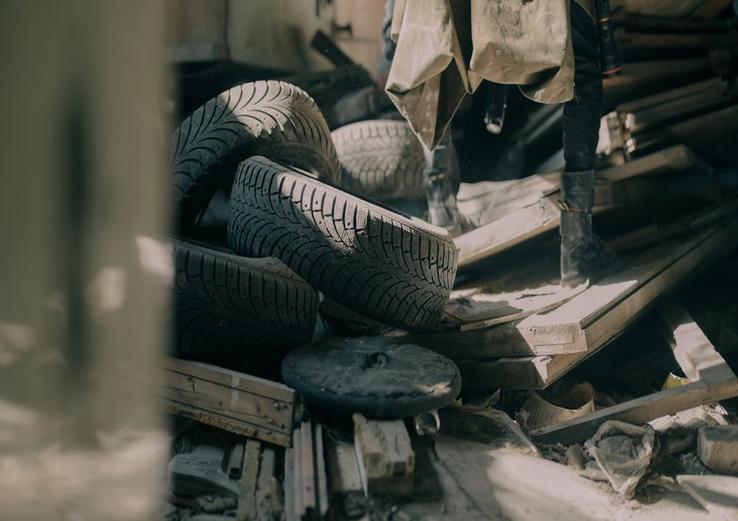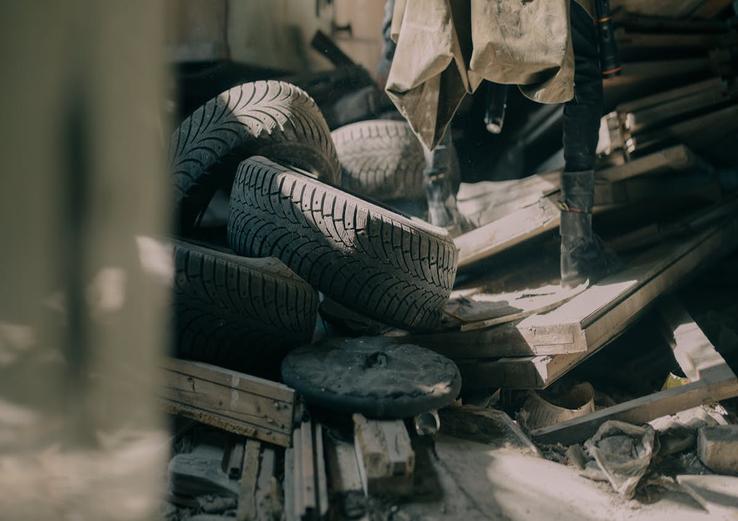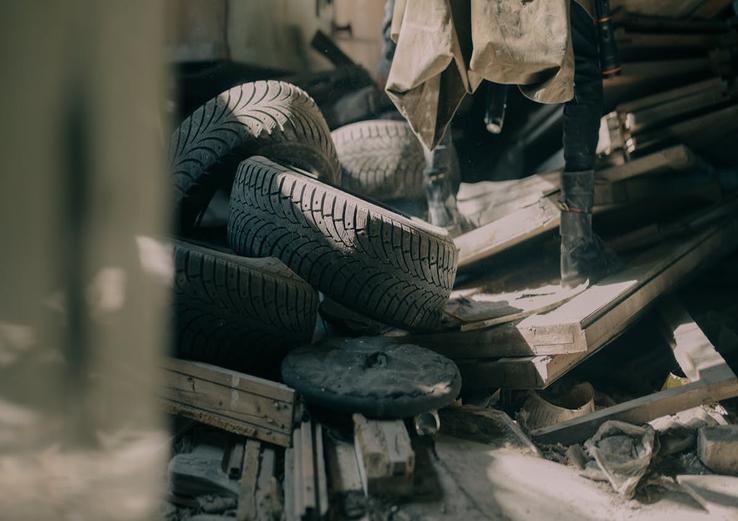
The Fungal Frontier: How Mycocycle is Revolutionizing Waste Management with Mushrooms
In an era where environmental sustainability has become a pressing concern, innovators are turning to unconventional methods to tackle the world’s waste management crisis. One such pioneer is Mycocycle, a cutting-edge company that has developed a groundbreaking technology to upcycle old tires and construction waste using mycoremediation – the process of utilizing fungi, specifically mushrooms, to break down and transform pollutants. This novel approach not only reduces waste but also creates valuable new materials, marking a significant leap forward in the quest for a more circular economy.
At the heart of Mycocycle’s technology lies the incredible ability of certain mushroom species to degrade complex organic matter, including the synthetic rubber found in tires and the toxic chemicals present in construction waste. By cultivating these fungi in controlled environments, Mycocycle can harness their mycelium – the vegetative part of the fungus – to break down the waste materials into more usable and environmentally friendly compounds. This process does not only detoxify the waste but also produces organic by-products that can be repurposed in various industries, such as construction, agriculture, and even fashion. For instance, the upcycled materials can be used to create sustainable insulation, composite materials, or even biodegradable textiles, thereby reducing the demand for virgin raw materials and minimizing waste disposal in landfills.

The implications of Mycocycle’s technology are multifaceted. On one hand, it addresses the burgeoning problem of tire waste, which poses significant environmental and health risks. Tires, which are not biodegradable, often end up in landfills or are incinerated, releasing harmful pollutants into the atmosphere. By upcycling old tires, Mycocycle’s method provides a much-needed solution to this long-standing issue. On the other hand, the application of mycoremediation to construction waste offers a novel strategy for managing the vast amounts of debris generated by the construction industry, which is among the largest producers of waste globally. By leveraging the power of fungi, Mycocycle is essentially converting what would otherwise be considered useless into valuable resources, embodying the principles of a circular economy where waste is seen as a resource rather than a problem.
Moreover, Mycocycle’s approach has the potential to disrupt traditional waste management practices that are often energy-intensive and environmentally harmful. The mycoremediation process is not only more sustainable but also cost-effective, as it eliminates the need for expensive and resource-heavy mechanical recycling methods. Additionally, the organic by-products generated through this process have the potential to replace synthetic materials in various applications, further reducing the environmental footprint of industries that rely heavily on non-renewable resources. As Mycocycle continues to refine and scale its technology, it is poised to make a significant impact on global waste reduction efforts, paving the way for a future where biological solutions play a central role in maintaining environmental health.

As Mycocycle pushes the boundaries of what is possible with mycoremediation, it also highlights the broader potential of biotechnology in solving some of the world’s most pressing environmental challenges. The intersection of biology, technology, and sustainability is giving rise to innovative solutions that were previously unimaginable, from using microbes to clean pollutants in soil and water to employing enzymes to break down plastic waste. Mycocycle’s pioneering work in applying fungal mycelium to waste upcycling is a testament to human ingenuity and the unexplored potential of nature’s own recycling mechanisms. As we move forward in this new frontier of environmental management, the ability to harness the power of fungi and other biological agents will be crucial in creating a more regenerative and circular world.
The journey towards a future where waste is no longer waste, but a valuable resource, is complex and multifaceted. Mycocycle, with its revolutionary use of mushrooms to upcycle old tires and construction waste, is leading the charge in this endeavor. By embracing the principles of circularity and leveraging the incredible capabilities of nature’s own recycling systems, Mycocycle and similar innovators are not just reducing waste; they are transforming our relationship with the environment and redefining what it means to be sustainable. The future of waste management, much like the mycelium that underpins Mycocycle’s technology, is interconnected, resilient, and full of unseen potential waiting to be uncovered.
